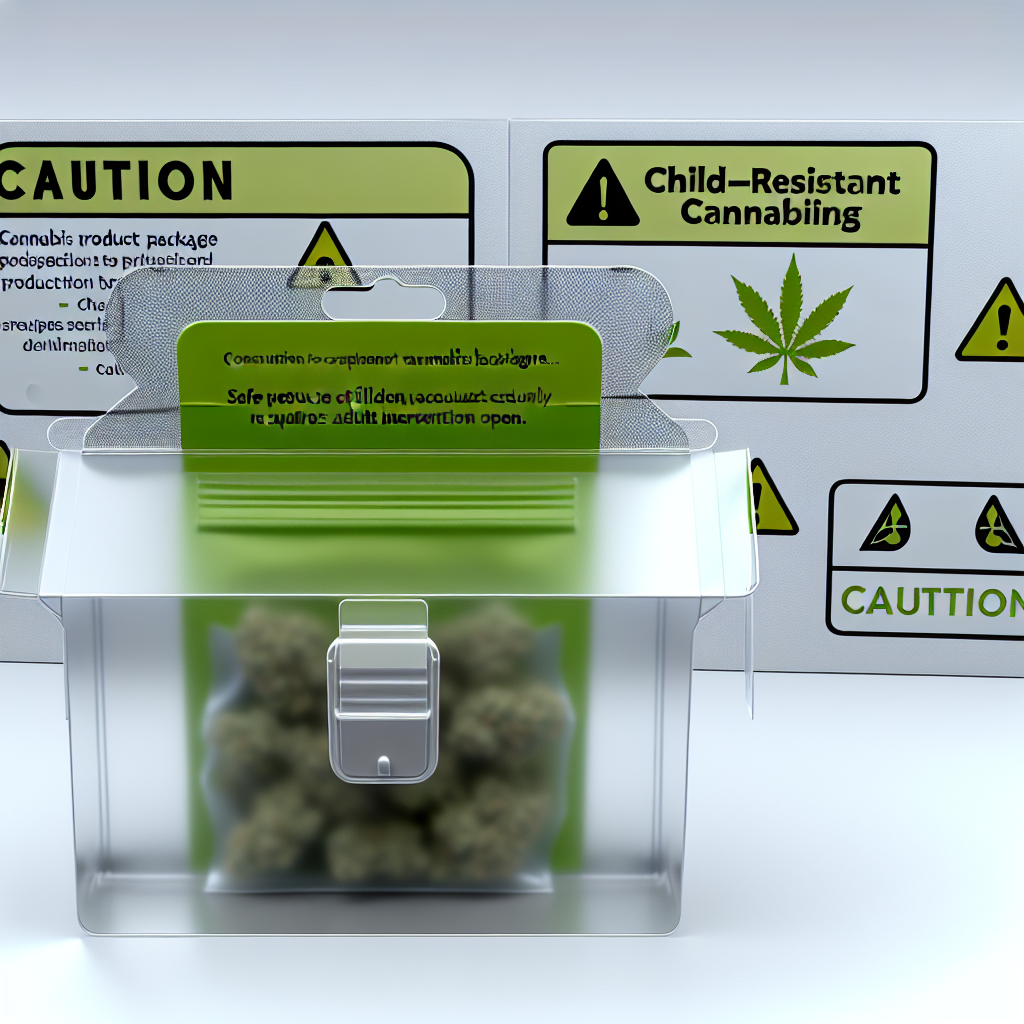Mushroom Substrate Recipe Calculator: Perfect Ratios for Maximum Yield
Introduction: Unlocking the Power of Precision-Grown Mushrooms 🌱🍄
As the popularity of home and commercial mushroom cultivation continues to surge, growers are discovering that one of the most critical factors for success is the substrate — the nutrient-rich material in which the mycelium propagates. Just as quality soil is essential for thriving cannabis plants, a well-balanced substrate is vital for producing robust, high-yield mushroom flushes. Whether you’re growing gourmet mushrooms like lion’s mane and oyster, or medicinal species such as reishi and turkey tail, optimizing substrate composition is key.
Enter the mushroom substrate recipe calculator — an invaluable tool designed to help cultivators master the art and science of substrate formulation. A good calculator allows users to input specific desired outputs, such as spawn weight, bulk substrate ratios, and hydration levels. It then computes precise measurements of each substrate component — such as hardwood sawdust, straw, vermiculite, coco coir, gypsum, and water — ensuring consistency, efficiency, and minimal waste. For both hobbyists and professionals, utilizing this kind of calculator can be the difference between a mediocre harvest and a commercial-grade crop.
What Makes the Perfect Substrate? Balancing Carbon, Nitrogen & Moisture
Creating an appropriate substrate involves understanding some core principles. First, mushrooms require a specific balance of carbon, nitrogen, and moisture to thrive. Substrates too rich in nitrogen can invite contamination, while those lacking structural integrity can degrade quickly or retain too much moisture, drowning the mycelium. Hydration is another critical factor — generally, growers aim for a moisture content between 55% and 65%, depending on the substrate type.
Importantly, many cultivators are turning to sustainable substrate choices, incorporating agricultural byproducts like soybean hulls, spent coffee grounds, or hemp hurds. These not only reduce environmental impact but can positively affect yield and potency, especially in medicinal mushroom cultivation. With the expansion of functional mushroom products, including tinctures, teas, and capsules, ensuring the purity and strength of the substrate is vital for professionals producing consistent therapeutic outcomes.
Why Use a Recipe Calculator? From Small Batches to Commercial Scaling
An effective mushroom substrate recipe calculator simplifies the complicated process of trial and error by relying on data-driven ratios and principles. It allows growers to scale operations with confidence and precision — just as cannabis professionals rely on nutrient calculators to dial-in hydroponic solutions. The rising demand for high-quality, organic mushrooms — both culinary and medicinal — makes mastering the substrate formula more important than ever.
Scientific Studies Back Better Substrate Formulations
Mushroom Yields Can Increase by 28% with Optimized Substrates
Optimizing mushroom substrate is rooted in understanding mycology and agricultural science. Numerous studies have explored how substrate components directly impact mushroom yield, biological efficiency (BE), and even medicinal compound production. A landmark study published in the journal Mycobiology evaluated different substrate compositions for Pleurotus ostreatus (oyster mushroom) and found that mixtures containing wheat straw and cotton seed hulls yielded the highest biological efficiency — with differences of up to 28% compared to mono-substrate controls.
Study Source
Hydration is the Key to Fast Colonization and Flush Success
Hydration plays a pivotal role. The Journal of Applied and Natural Science published research suggesting that moisture content in the substrate should optimally range between 60% and 65% for fast colonization and high yield. A mushroom substrate recipe calculator uses these parameters to allow precise moisture control, saving users from both waterlogging and mycelial dehydration.
Study Source
Medicinal Mushrooms Need the Right Mix for Maximum Potency
In medicinal mushroom cultivation, such as Ganoderma lucidum (reishi), substrate composition also affects polysaccharide and triterpenoid content — compounds responsible for the mushroom’s therapeutic effects. A Chinese study found that supplementation with wheat bran dramatically enhanced bioactive compound yields in G. lucidum grown on wood-based substrates.
Study Source
Sustainable Growing: Coffee Grounds, Hemp & the Future of Fungal Farming
For growers using unconventional materials like coffee grounds or hemp fiber, professional cultivation calculators help estimate nitrogen levels, hygiene standards, and pasteurization time required. Many recipe calculators integrate guideline thresholds from industry leaders like Cornell University’s Small Farms Program, which supports community-based mushroom farms with ecological substrate insights.
Read More from Cornell
The Evolution of Cultivation Tools: Smart & Species-Specific Calculators
Digital recipe tools today are becoming more sophisticated than ever. Some advanced mushroom substrate calculators adjust formulations based on variables like:
– Mushroom species
– Ambient humidity
– Growth timeline
– Enzyme activity for optimal colonization speed
This AI-assisted approach helps growers reduce contamination, improve colonization speed, and optimize harvests across multiple flushes.
As legal psychedelic mushroom cultivation expands in regulated therapeutic settings, the importance of substrate composition is expected to match the attention paid to terpenes in cannabis cultivation. Whether for psilocybin therapies or lion’s mane neurogenesis benefits, a substrate calculator ensures reproducibility — essential in clinical and commercial settings.
Conclusion: The Future of Mushroom Cultivation Is Powered by Precision 🔬🍄
The mushroom substrate recipe calculator represents a revolutionary step forward in precision cultivation — marrying time-honored practices with cutting-edge agricultural data science. By fine-tuning substrate ratios to perfection, growers from all backgrounds can elevate yield, quality, and efficiency in every harvest. Whether cultivating for gourmet kitchens or functional medicine shelves, understanding and optimizing substrate composition through a reliable recipe calculator is an indispensable tool on the path to mycological mastery.
Summary:
Mushroom cultivation has become increasingly popular, and one of the most critical factors for success is the substrate – the nutrient-rich material in which the mycelium propagates. The mushroom substrate recipe calculator is an invaluable tool that helps cultivators master the art and science of substrate formulation. By inputting specific desired outputs, the calculator computes precise measurements of each substrate component, ensuring consistency, efficiency, and minimal waste. Understanding the balance of carbon, nitrogen, and moisture is key to creating the perfect substrate, and many growers are turning to sustainable choices like agricultural byproducts. Using a recipe calculator can simplify the complicated process, allowing growers to scale operations with confidence and precision, just like cannabis professionals use nutrient calculators. Scientific studies have shown that optimizing substrate composition can increase mushroom yields by up to 28%, and impact the production of medicinal compounds. As the demand for high-quality, organic mushrooms continues to rise, mastering the substrate formula is more important than ever.
References:
[1] Mycobiology Journal: [Evaluation of Substrate Impact on Oyster Mushroom Yield](https://www.ncbi.nlm.nih.gov/pmc/articles/PMC3724274/)
[2] Journal of Applied and Natural Science: [Hydration Levels of Substrates for Mushroom Cultivation](https://journals.ansfoundation.org/index.php/jans/article/view/1181)
[3] NIH PubMed: [Effect of Substrate Supplementation on Reishi Metabolite Yields](https://pubmed.ncbi.nlm.nih.gov/29091788/)
[4] Cornell Small Farms Program: [Specialty Mushroom Project](https://smallfarms.cornell.edu/projects/mushrooms/)




